90% of Healthcare Executives See Positive ROI from GenAI Investments
90% of healthcare execs report positive GenAI ROI. $6M yearly spend boosts healthcare service.


90% of Healthcare Executives See Positive ROI from GenAI Investments
Generative AI in health (GenAI) is taking the healthcare industry by storm, and recent reports underscore just how impactful this technology has become.
According to a PYMNTS report by November 2024, 90% of healthcare executives have reported positive return on investment (ROI) from their GenAI in healthcare investments—a remarkable success rate in an industry known for high regulatory standards and slow adoption of new technology.
Here are some of the key takeaways:
- High Return on Investment (ROI): 90% of healthcare executives report positive ROI from Generative AI in health, with benefits in diagnostics, customer service, and innovation.
- Rising Investment: Healthcare firms invest heavily in GenAI in healthcare, with some top spenders allocating over $6 million annually.
- Efficiency Gains: Generative AI reduces costs by 10%, improves operations, and enhances patient interaction through advanced chatbots.
- Challenges to Adoption: Full GenAI in healthcare adoption could take 7 years, slowed by regulatory, technical, and workforce limitations.
- Best Practices: Firms emphasize responsible AI and staff training, seeing faster, more effective GenAI in healthcare integration.
From diagnostics to customer service, healthcare firms are realizing the potential of Generative AI to optimize processes, reduce costs, and deliver more personalized patient care.
But what exactly is fueling this rapid return on investment (ROI), and where is GenAI's potential headed?
Check this out: Market Growth Transforming Healthcare with AI Chatbots, GenAI, and LLMs

Investment Trends
The financial stakes in GenAI are skyrocketing, with healthcare firms leading the charge.
On average, organizations are pouring $2.7 million annually into Generative AI, but the real game-changers—those seeing the biggest payoffs—are investing even more, with budgets averaging a hefty $6.4 million.
This isn’t just a niche trend; it’s a full-blown industry movement.
A staggering 89% of healthcare executives rank GenAI in healthcare as a top-three priority for their organizations.
For perspective, think big: Microsoft has funneled $13 billion into OpenAI, while giants like Google and Amazon are pouring billions into AI ventures of their own. This level of investment sends a clear signal—Generative AI isn’t just reshaping healthcare; it’s redefining entire industries.
The message is loud and clear: bet big on GenAI, or risk being left behind.
Top Spending Areas
- Diagnostics and Patient Care
Healthcare organizations are turning to GenAI to supercharge diagnostic accuracy.
By analyzing complex medical data faster and with greater precision, Generative AI is helping clinicians make better decisions and deliver improved outcomes for patients. It's not just about speed—it's about saving lives with technology that’s as sharp as it is reliable.
- Customer Service
Gone are the days of endless waiting on hold.
GenAI is transforming patient interaction by powering advanced chatbots and automated responses that reduce wait times and boost satisfaction. From answering questions to scheduling appointments, these AI-driven tools ensure patients get the help they need—quickly and efficiently.
- Research and Development
Innovation is at the heart of healthcare, and GenAI is leading the charge.
Approximately 60% of healthcare executives report using Generative AI to fast-track the development of cutting-edge products and services. By automating labor-intensive processes and uncovering insights faster, GenAI is paving the way for groundbreaking healthcare solutions.
Read also: Generative AI in APAC Hospitals: 2024 Updates and Statistics

ROI and Efficiency Gains
The return on investment (ROI) from GenAI in healthcare is nothing short of impressive, driven by significant operational improvements and smart strategies.
According to a recent BCG study, organizations that adopt Generative AI strategically are reaping cost savings of over 10%, especially in high-impact areas like patient interactions and diagnostics.
Here’s how healthcare firms are making the most of GenAI:
Efficiency Boosts in Operations
GenAI is a game-changer for streamlining administrative and operational workflows.
By automating redundant tasks and minimizing human error, organizations can free up staff to focus on more critical, value-added responsibilities. This isn’t just about cutting costs—it’s about working smarter and achieving more with fewer resources.
Improved Customer Service Outcomes
Patients are feeling the impact of GenAI too.
With tools capable of answering inquiries, providing accurate medical information, and even scheduling appointments, healthcare providers are enhancing patient engagement like never before.
These AI-powered solutions don’t just improve satisfaction; they also take pressure off human resources, allowing teams to focus on complex, high-priority tasks.
You may also check this out: Hong Kong University to Test Four Generative AI Models in Hospitals
A Seven-Year Path to Full GenAI Adoption
Yes, Generative AI (GenAI) is transforming healthcare, but let’s be real—it’s a marathon, not a sprint.
While the benefits are undeniable, the road to full-scale implementation isn’t a quick fix. On average, it takes about 7.4 years for the healthcare industry to fully adopt GenAI.
Why? The journey is packed with challenges that demand careful navigation.
What’s Slowing Things Down?
- Regulatory Compliance
Healthcare operates in one of the most tightly regulated environments out there.
From data privacy laws to security protocols, organizations must tread cautiously. Areas like fraud detection and cybersecurity are critical, but meeting compliance standards takes time, effort, and precision.
- The Skills Gap
Technology can only go as far as the people using it.
Here’s the catch: BCG reports that only 6% of companies have successfully upskilled even a quarter of their workforce on GenAI in healthcare tools. That leaves a massive gap in the talent pool needed to drive innovation forward.
The result? A race to train, recruit, and retain skilled professionals capable of harnessing GenAI’s full potential.
Want to learn more about AI in healthcare? Read this out!
.jpeg)
Key Statistics
Generative AI (GenAI) is no longer just a buzzword—it’s a transformative force sweeping across industries, with healthcare leading the way.
The numbers behind its adoption and potential speak volumes, showing why leaders are betting big on this groundbreaking technology.
- A Trillion-Dollar Impact McKinsey projects that GenAI could unlock between $2.6 and $4.4 trillion in value across various industries.
Healthcare is expected to play a starring role, leveraging AI for advancements like precision medicine, improved diagnostics, and operational efficiencies.
- An Investment Surge
In 2024, 85% of executives across sectors plan to boost their AI budgets.
Why? Because they recognize AI isn’t just a tool—it’s a cornerstone for growth, innovation, and staying competitive in an ever-evolving market.
- Healthcare’s Unwavering Focus
For healthcare leaders, GenAI isn’t just an option; it’s a top priority.
Nearly 89% of healthcare executives rank GenAI among their top three technological focuses for 2024. From streamlining workflows to enhancing patient outcomes, it’s clear that GenAI is critical to the industry’s future.
Best Practices for Maximizing GenAI ROI
As generative AI (GenAI) continues to revolutionize healthcare, certain practices have emerged as game-changers for maximizing its return on investment (ROI).
These strategies, adopted by top-performing firms, highlight what it takes to succeed in this rapidly evolving space.
- Focus on High-Impact Applications
The smartest players know where to invest.
By directing funds toward areas with direct patient impact—such as diagnostics, customer interactions, and personalized care—firms are harnessing GenAI’s potential to improve outcomes and enhance patient experiences.
- Upskill to Scale
Successful integration of GenAI isn’t just about having the right tools—it’s about equipping people to use them effectively.
Organizations that prioritize upskilling their workforce at scale report faster adoption and higher satisfaction rates, proving that a well-trained team is the key to unlocking GenAI’s full value.
- Commit to Responsible AI (RAI)
Trust matters, especially in healthcare. Firms with robust RAI frameworks—ensuring ethical, transparent, and bias-free AI applications—see 58% more business benefits than those without.
What’s more, when CEOs actively champion these initiatives, the results are even more impactful, fostering trust among stakeholders and driving long-term success.
Want to read more on the future of AI in healthcare ? Click here!
Challenges and the Road Ahead
Despite the benefits, there are still significant challenges ahead for Generative AI in health. The journey to full-scale GenAI integration will require healthcare providers to address several ongoing concerns:
- Data Privacy and Ethical Considerations
As regulatory frameworks like the AI Act in Europe place restrictions on AI use, healthcare firms will need to prioritize data security and patient privacy to maintain compliance.
- Cost Management and Sustainability
Generative AI tools are expensive to implement and maintain. Without careful planning, rising costs could offset some of the financial benefits.
- Talent Acquisition and Retention
With only 6% of companies effectively training their workforce on GenAI in healthcare, there is an urgent need to close the skills gap to support long-term AI strategy.
Looking Forward
With an impressive 90% ROI already reported by healthcare executives, GenAI is proving to be a game-changer.
As the sector shifts from experimentation to creating lasting impact, continuous reinvestment, strategic scaling, and responsible AI practices will be key.
In just a few years, GenAI is set to redefine patient care, streamline operations, and elevate customer service, making AI not just a tool but the backbone of healthcare innovation.
Ready to unlock the full potential of GenAI in your healthcare organization? Makebot can help you scale smarter, train your teams faster, and implement responsible AI practices seamlessly.
📩 Email us at b2b@makebot.ai to start your GenAI transformation today!



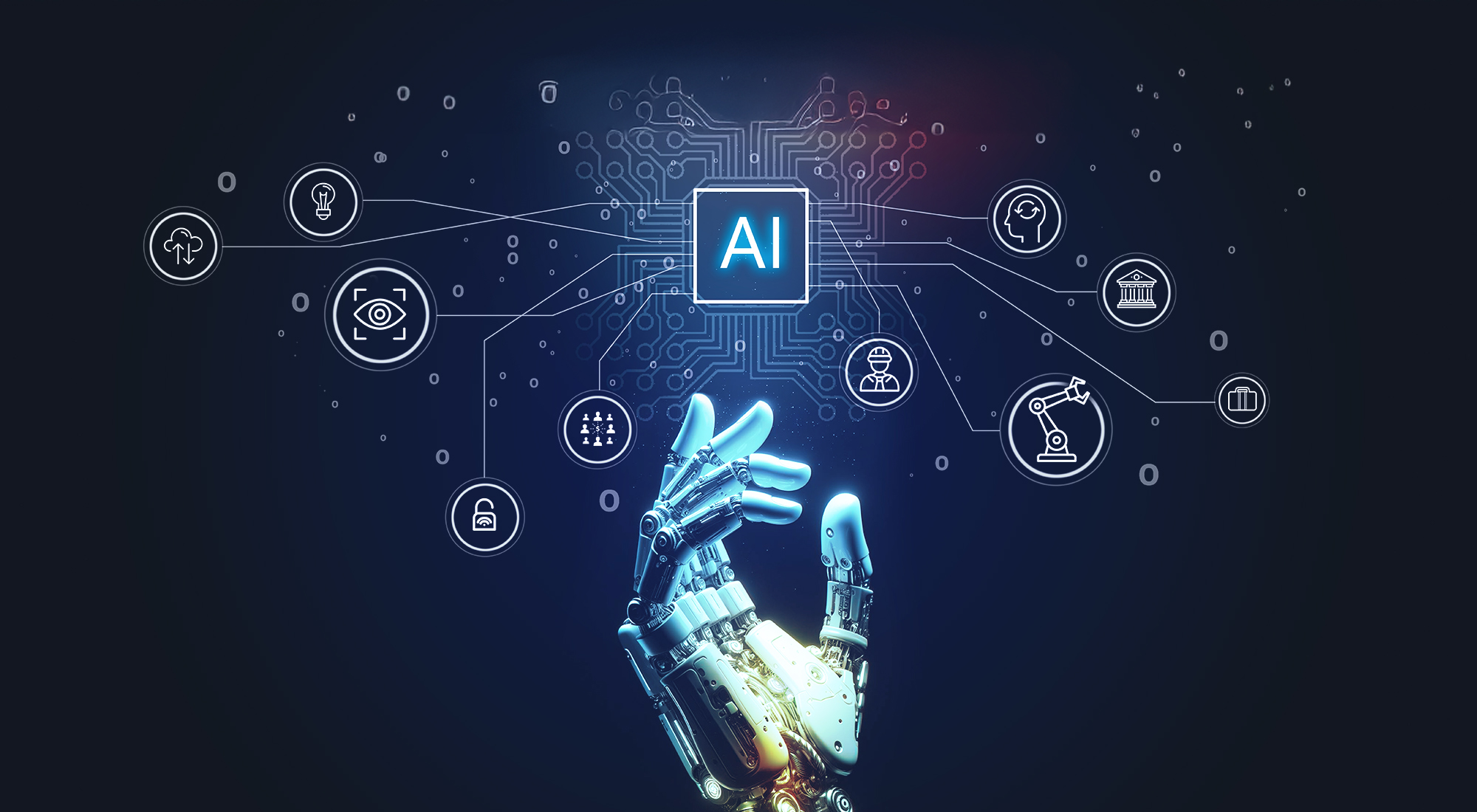

.jpg)

.png)
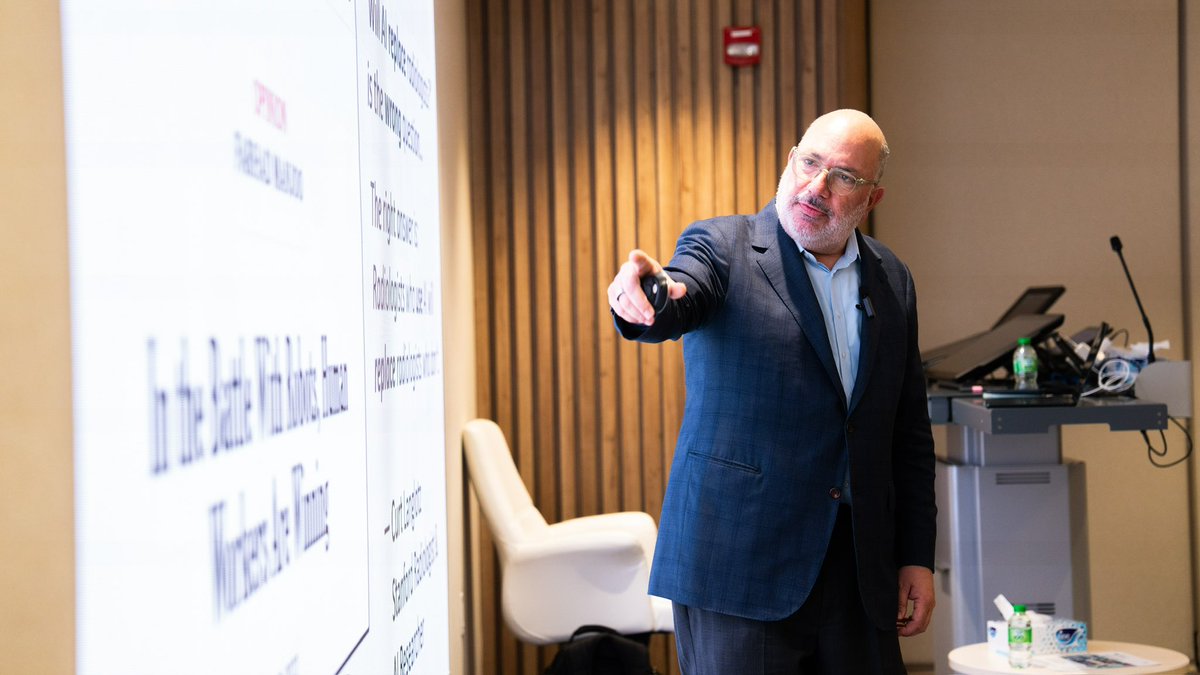





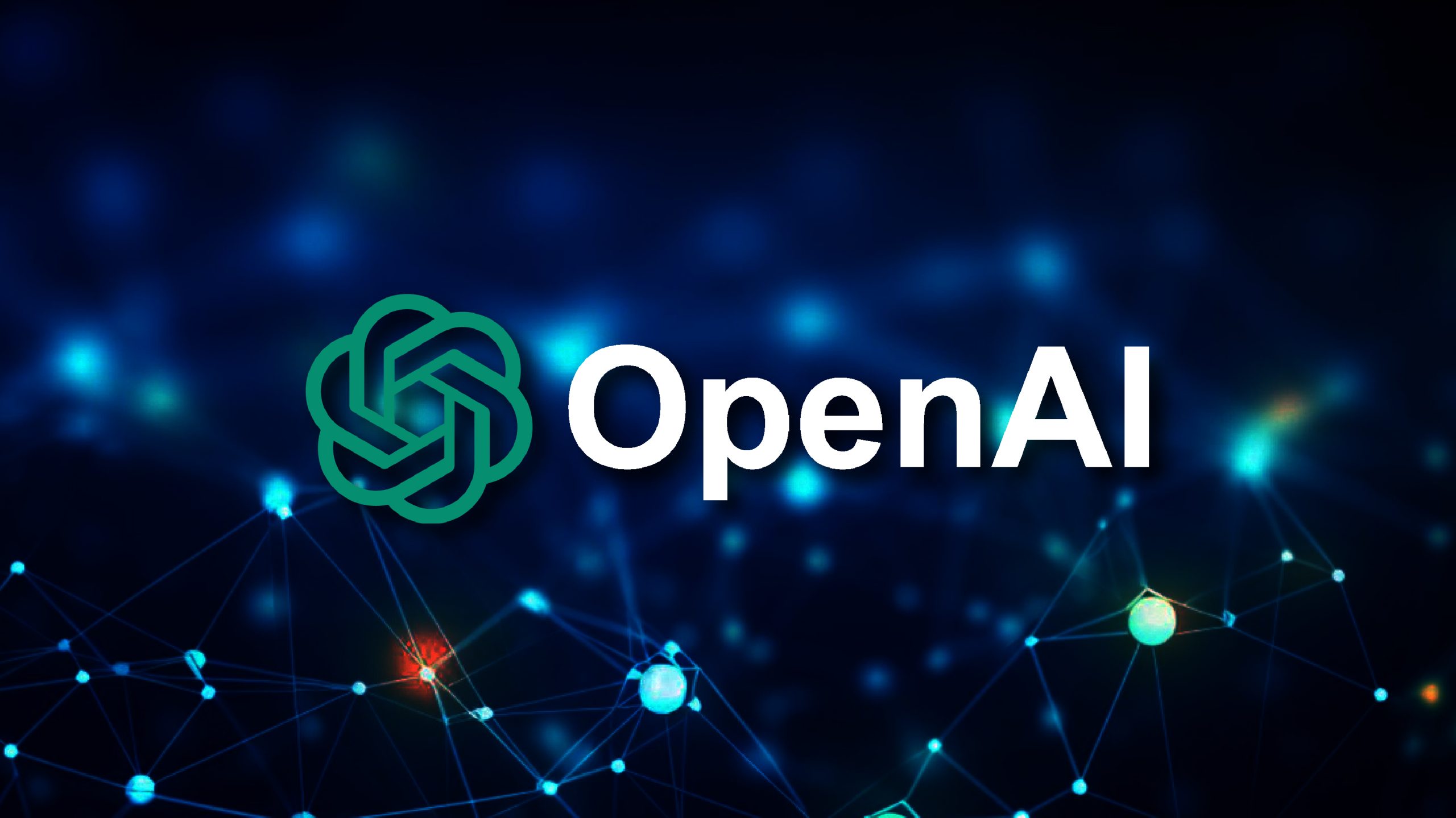



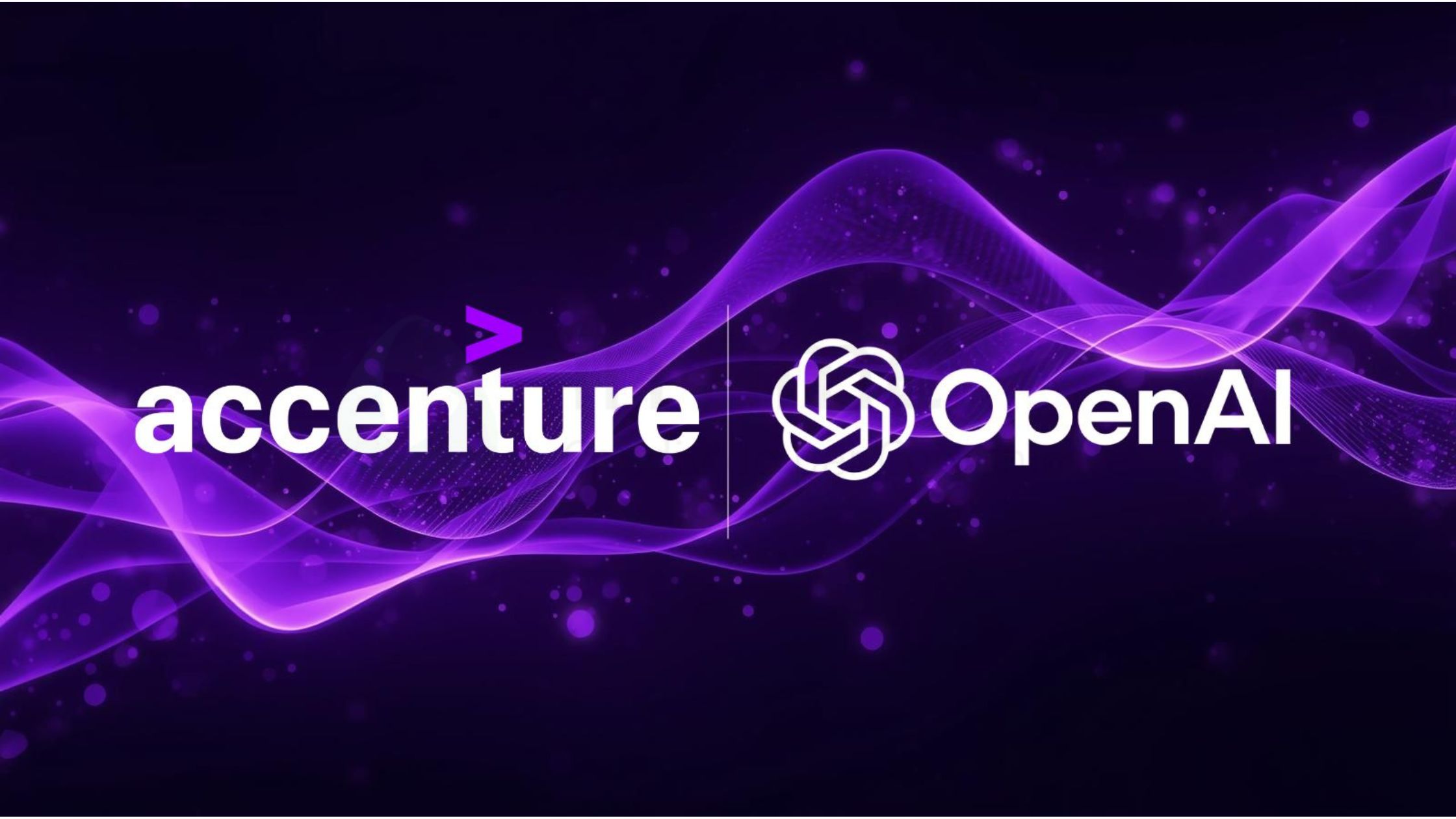
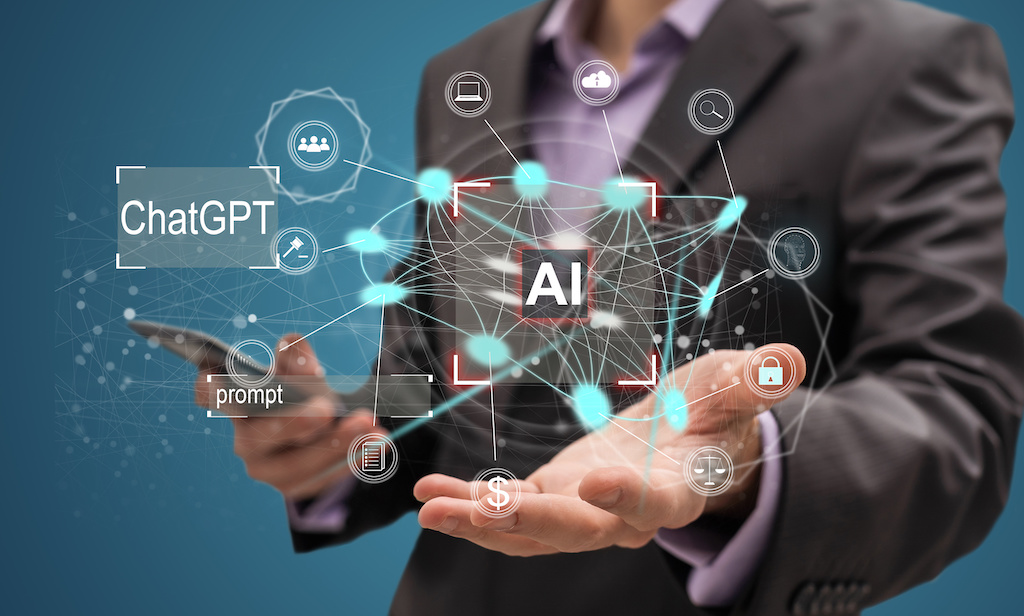










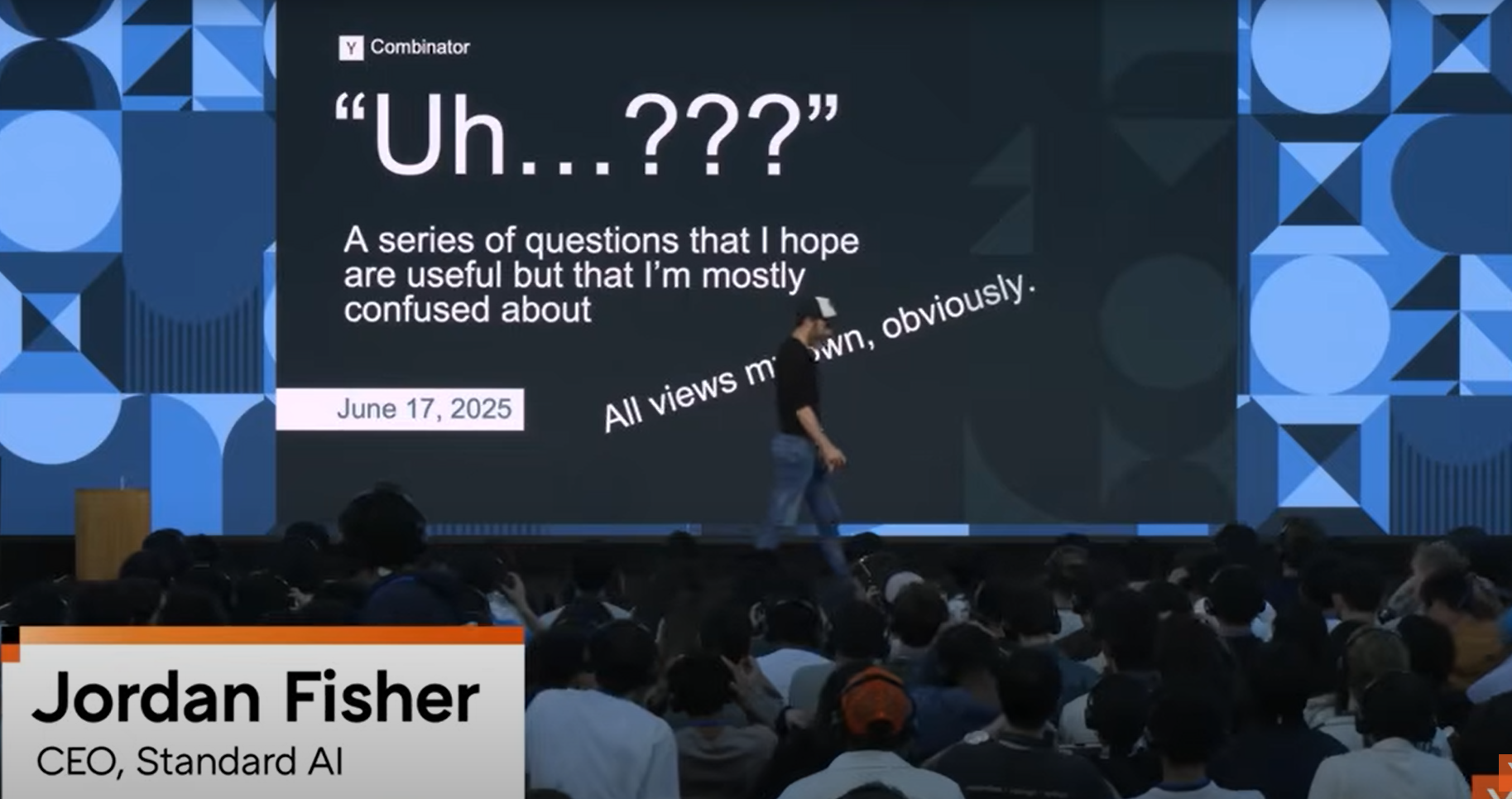




















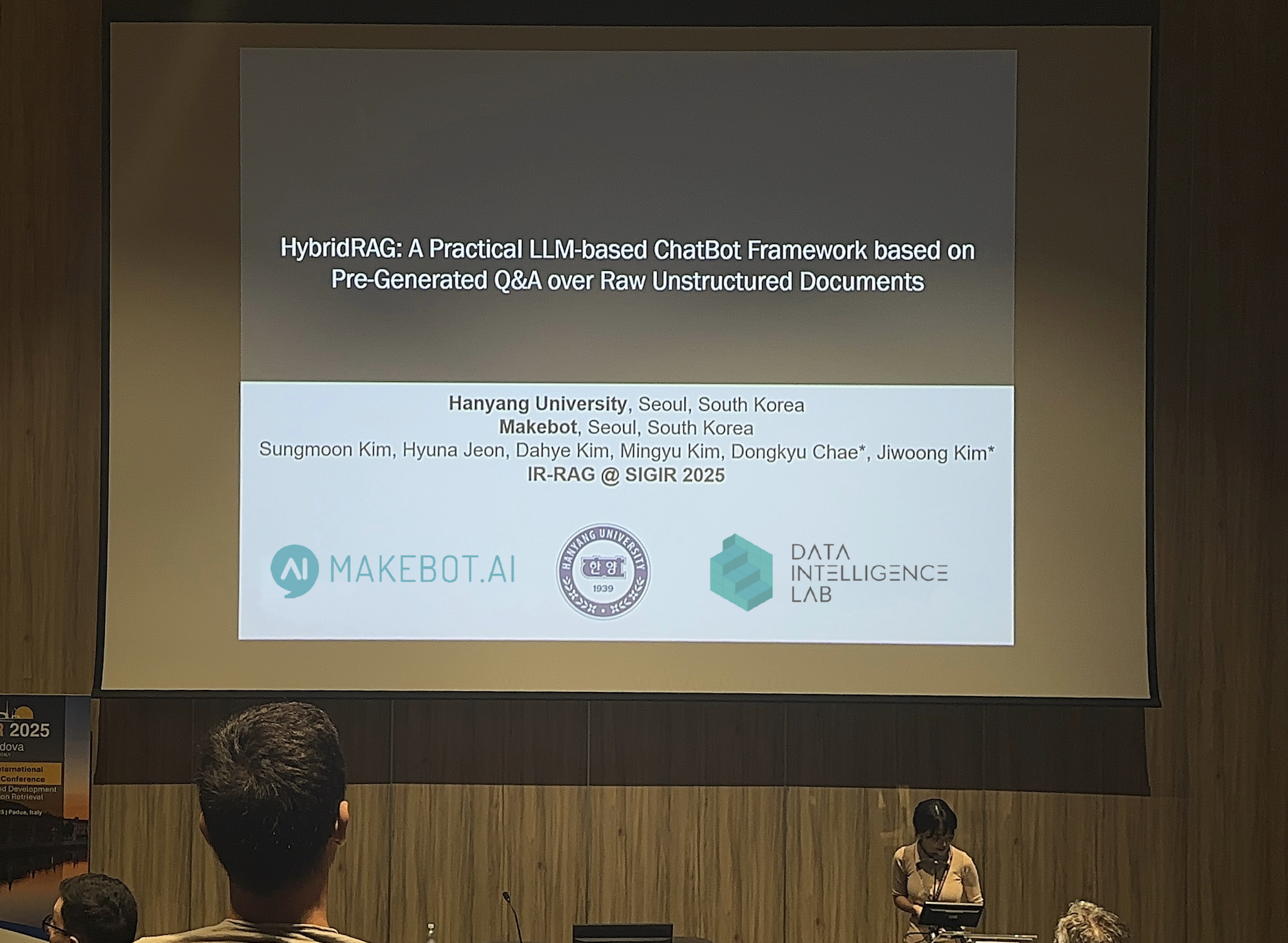









_2.png)


















.jpg)



















